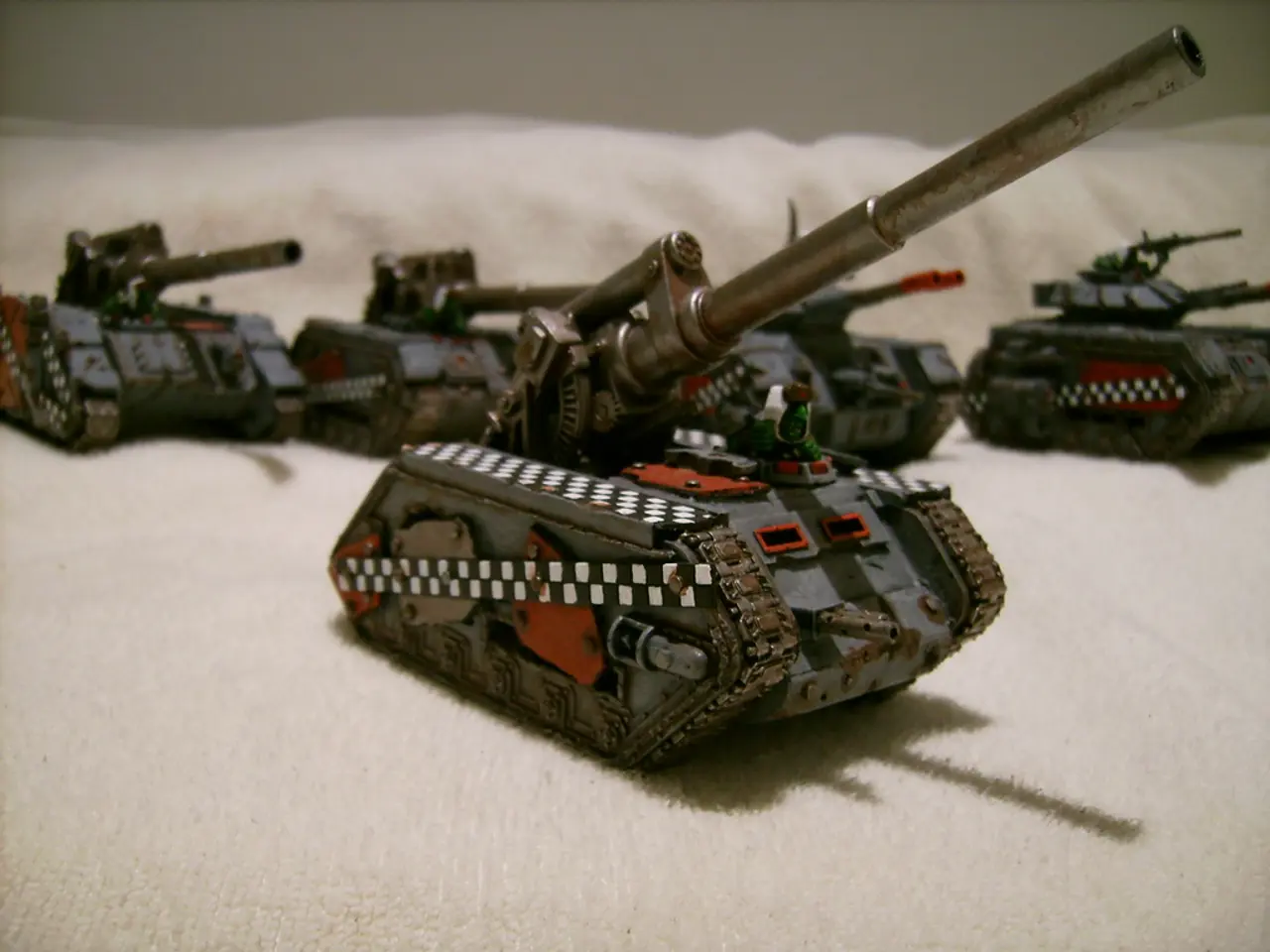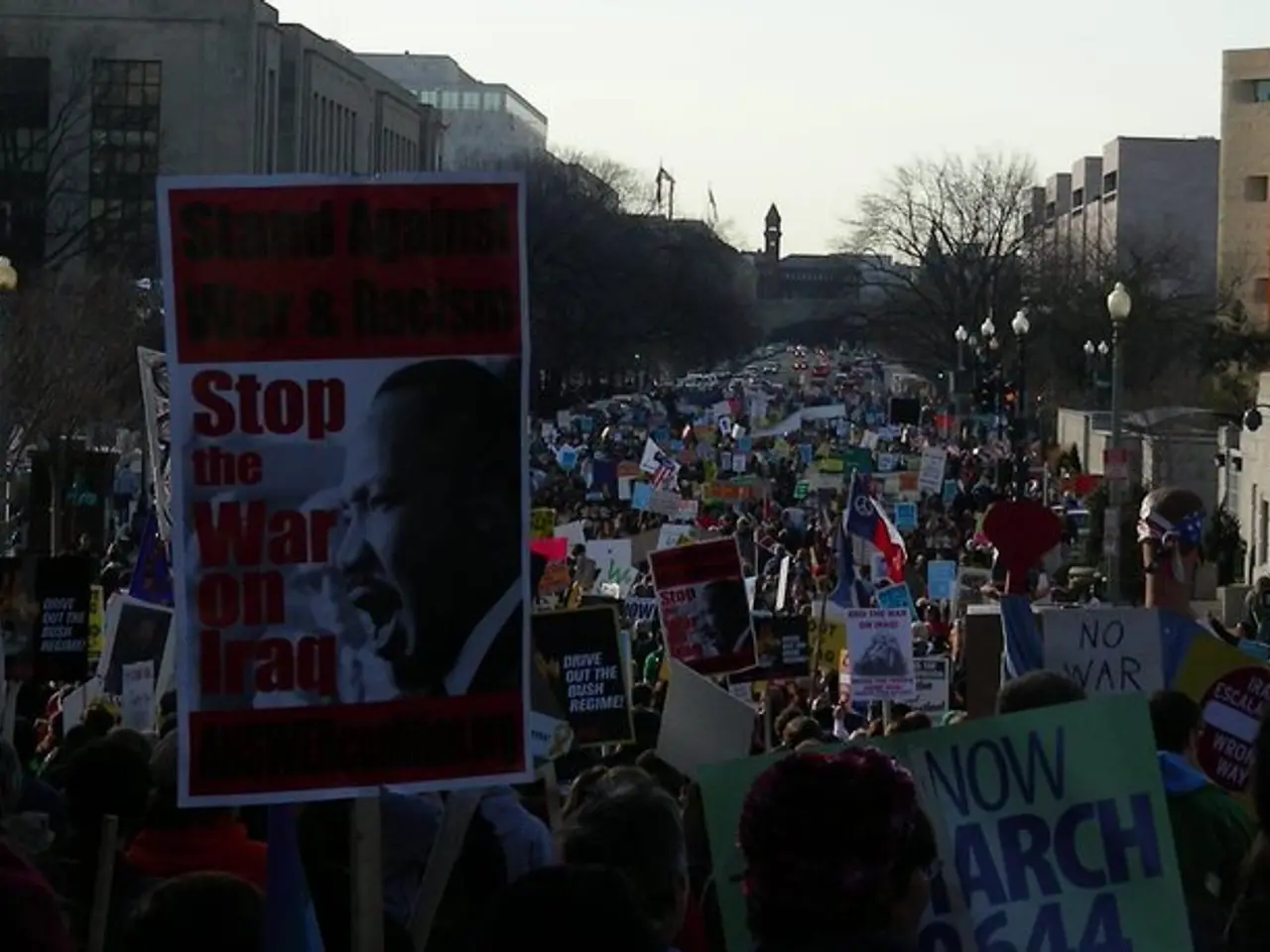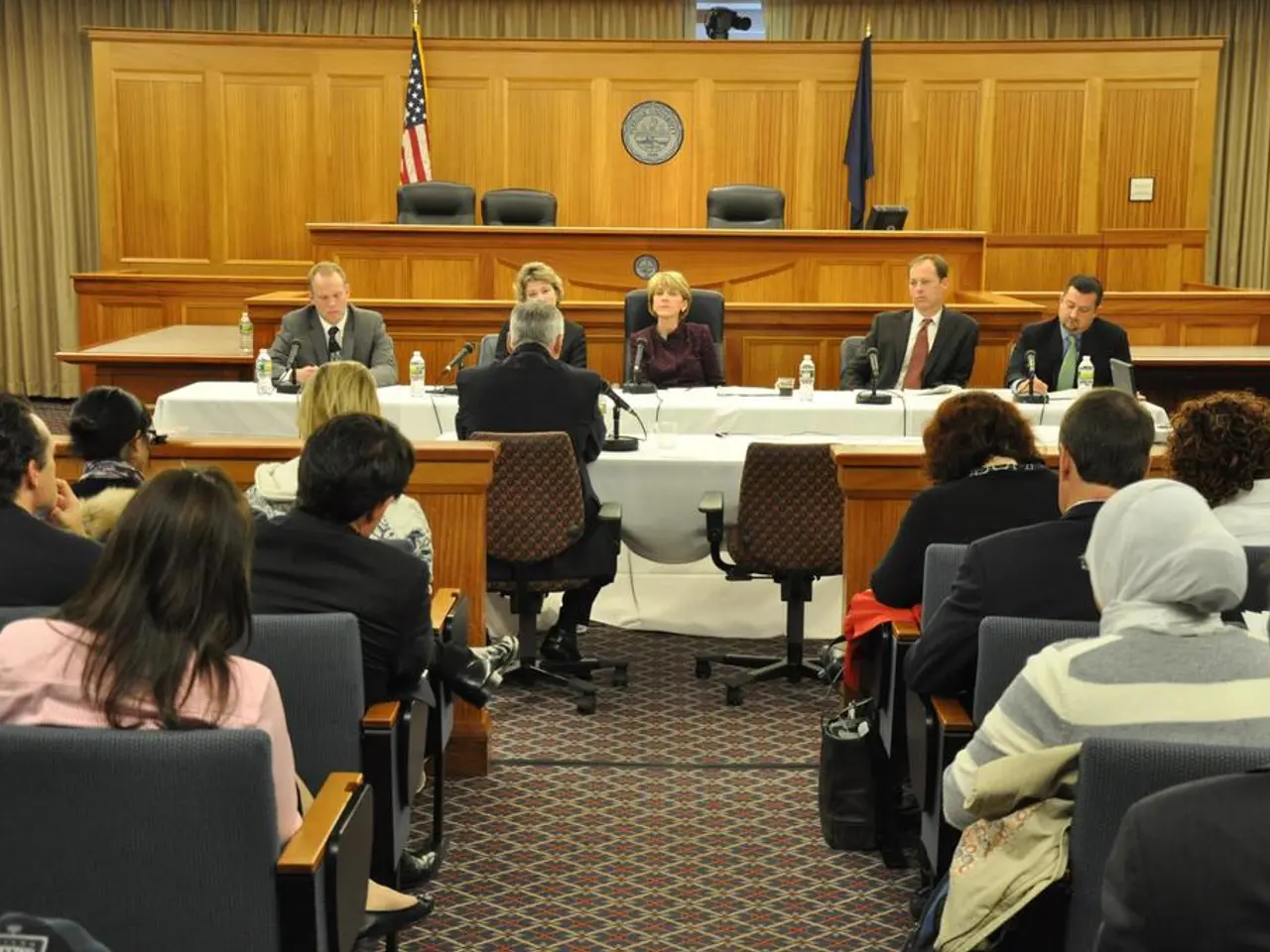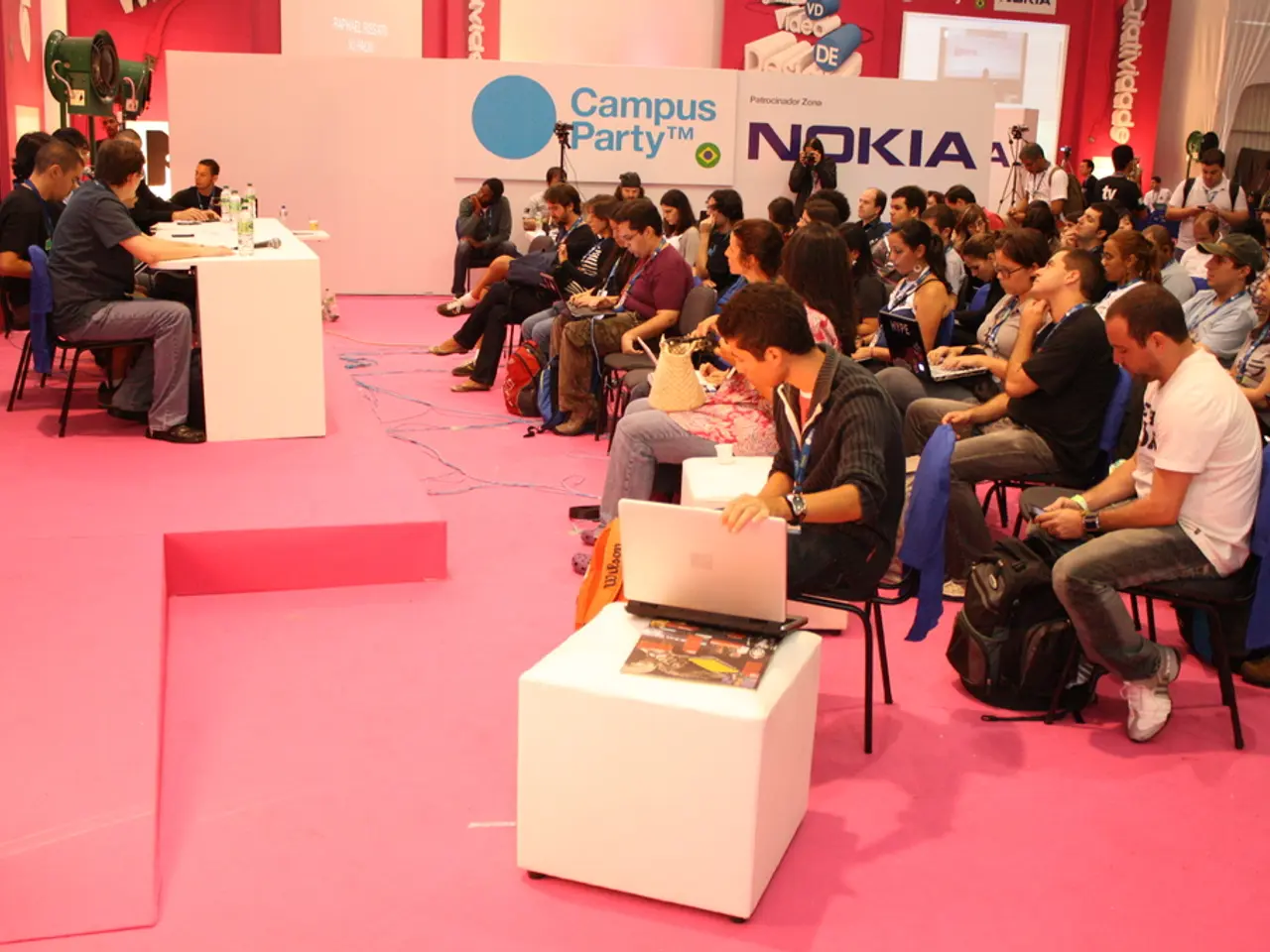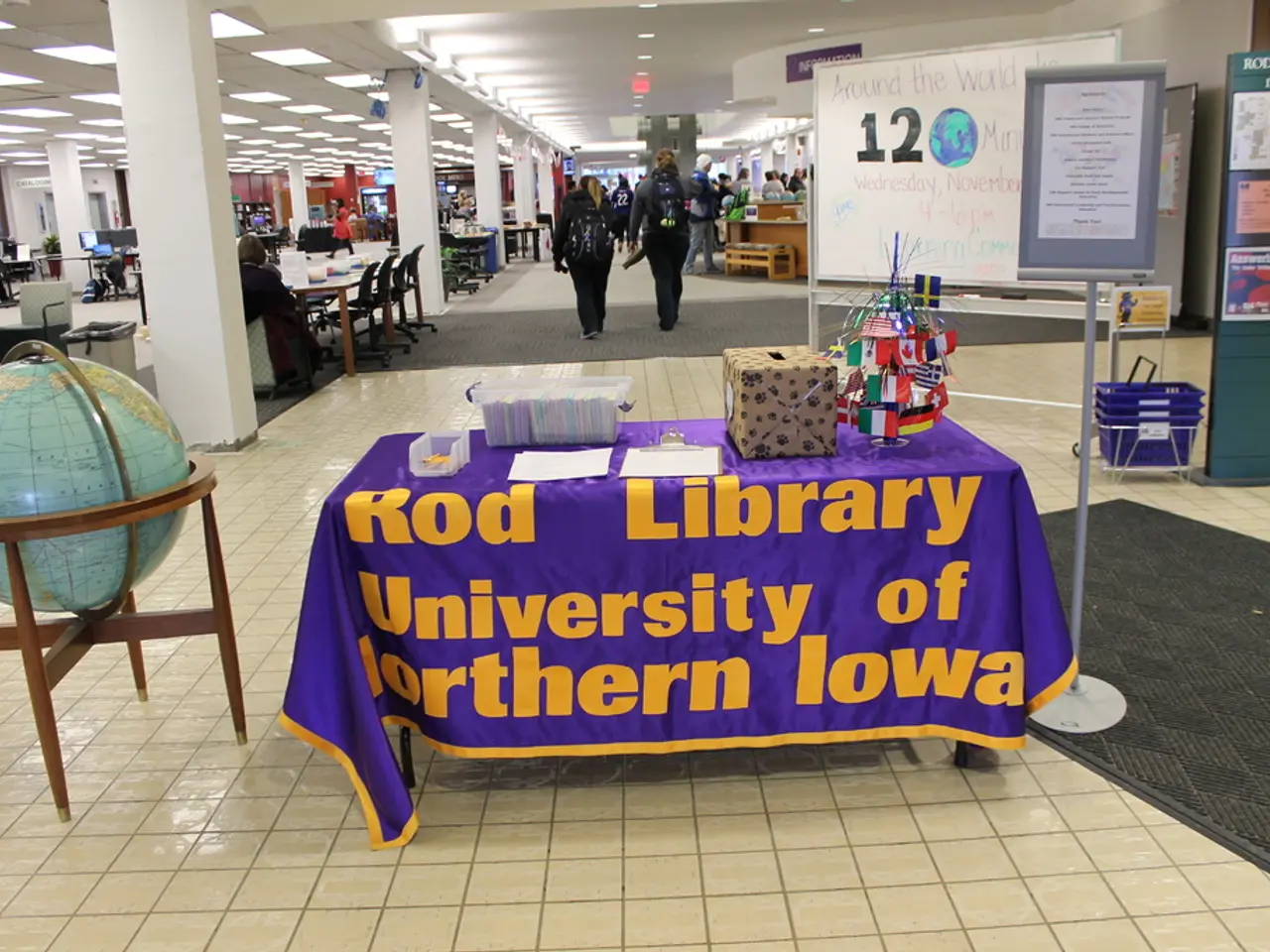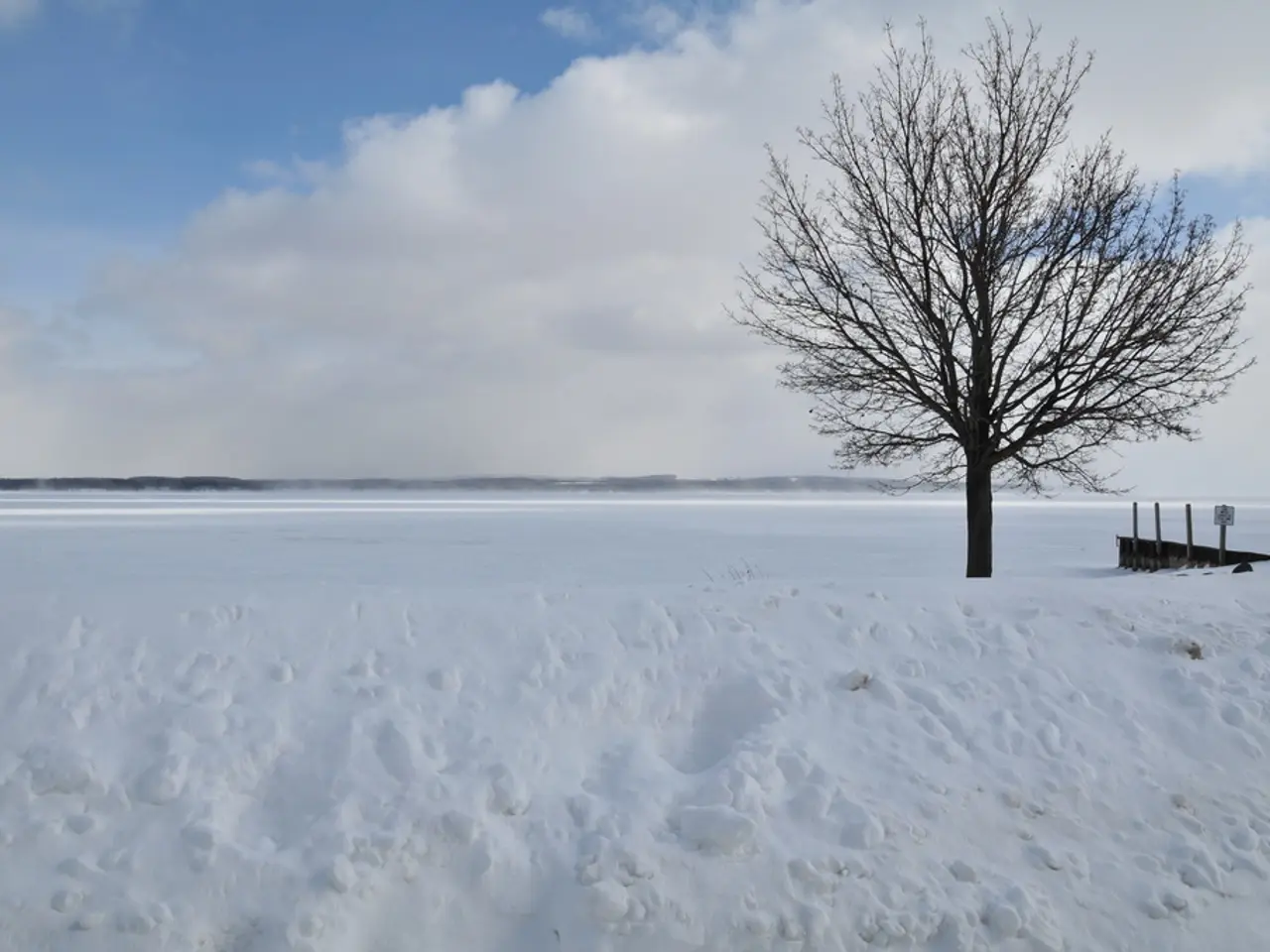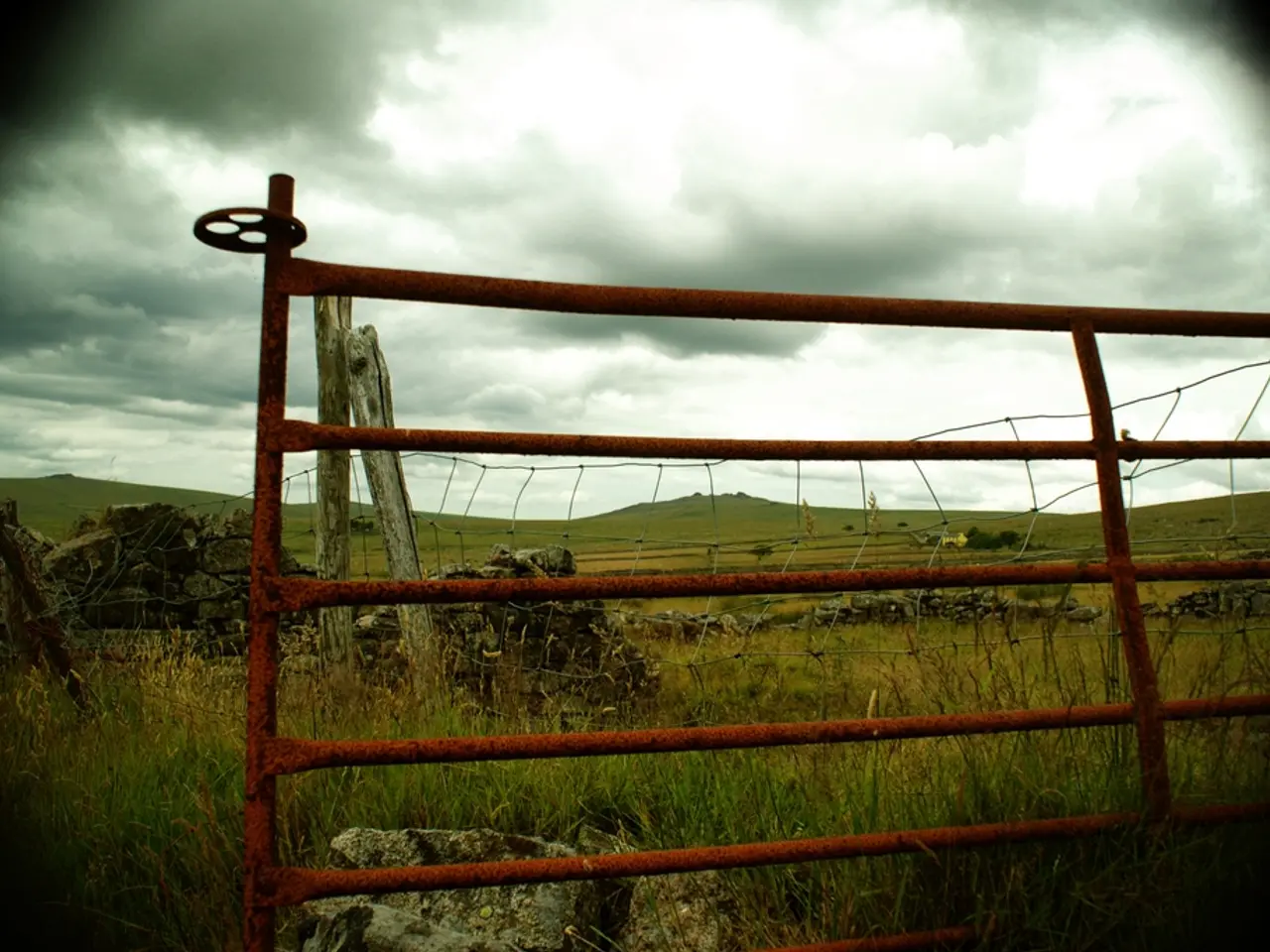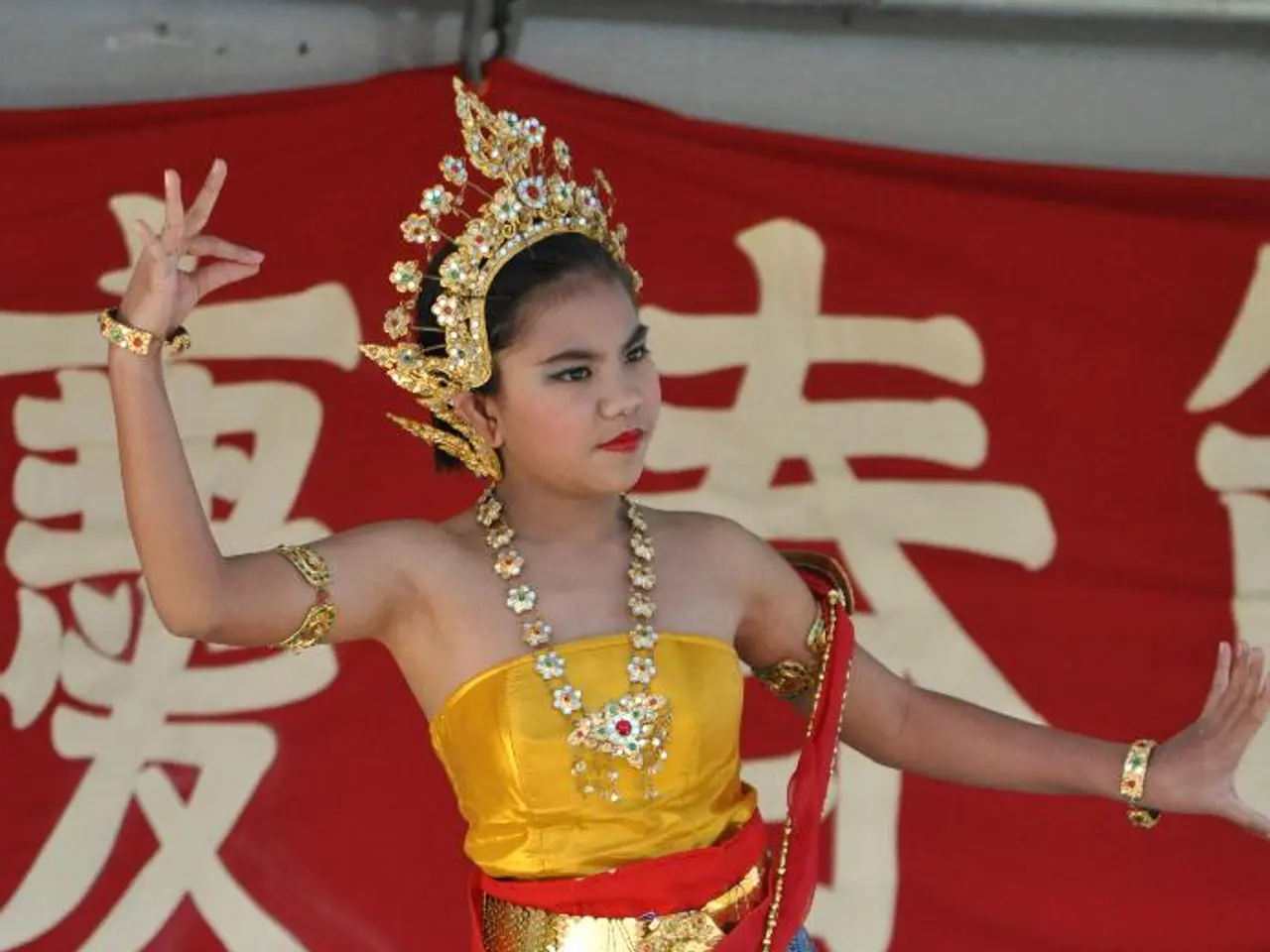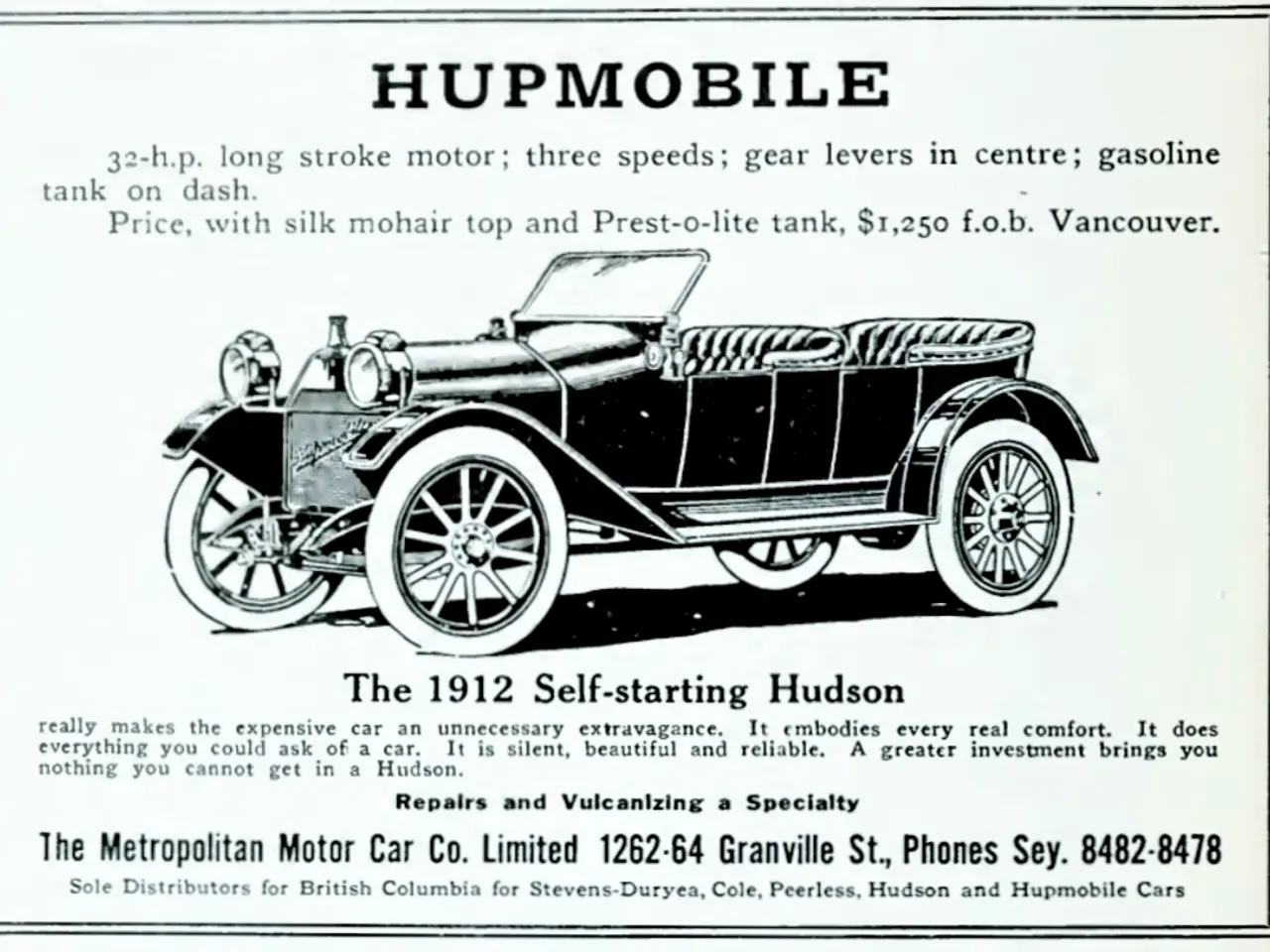Politicians in Poland expressing disapproval towards the World War II display in the city of Danzig
The "Our Boys" exhibition in Gdańsk, Poland, is causing a stir among Polish politicians, who perceive it as potentially whitewashing or diminishing German responsibility for atrocities committed during World War II. The controversy revolves around historical accuracy and memory politics, reflecting the broader struggle over how WWII history is remembered and presented in Poland and Germany.
The exhibition, housed in the City Museum and the World War II Museum, aims to shed light on an overlooked chapter of local history during WWII. It focuses on Polish soldiers who were forcibly conscripted into the Nazi Wehrmacht. However, critics argue that the exhibition portrays members of the Wehrmacht in a way that glosses over the brutal actions of German forces, including well-documented war crimes and massacres of Polish civilians.
President Andrzej Duda has called the exhibition a "moral provocation," and Defense Minister Wladyslaw Kosiniak-Kamysz of the centrist-left government has expressed disapproval. The controversy touches on sensitive historical memories in Poland, where Nazi occupation was marked by horrific violence, such as the massacre of Polish children and mass rapes committed by units like the Dirlewanger Brigade.
President Duda emphasizes the importance of not forgetting the responsibility of the perpetrators in Gdańsk, where WWII began in 1939. After the illegal annexation of Gdańsk by Hitler’s Germany, tens of thousands of men from the city and surrounding areas were conscripted into the Wehrmacht. In post-war communist Poland, many affected individuals kept their Wehrmacht past secret.
The debate surrounding the exhibition raises questions about remembering and forgetting the conscription of these men after 1945. The Ministry of Culture in Warsaw defends the exhibition, stating that accusations of historical distortion undermine trust in institutions whose primary task is to preserve historical truth. President Duda argues that depicting soldiers of the Third Reich as "ours" is a historical untruth and a moral provocation. He reiterates that the Polish nation was a victim of German occupation and German terror, not perpetrators or accomplices.
The controversy underscores the complexities and sensitivities surrounding the portrayal of WWII history, particularly in Poland, where the memories of Nazi occupation remain raw and painful. As the debate continues, the exhibition serves as a reminder of the ongoing struggle to reconcile the past and ensure historical accuracy in the presentation of WWII history.
The controversy over the "Our Boys" exhibition in Gdańsk, Poland, not only reflects the broader struggle in Poland and Germany over the remembrance and presentation of World War II history, but also delves into the realms of political discourse and general-news, as President Andrzej Duda labels it a "moral provocation." Meanwhile, the community and employment policies within the museum sector are at stake, as questions about historical accuracy and distortion arise from critics.
